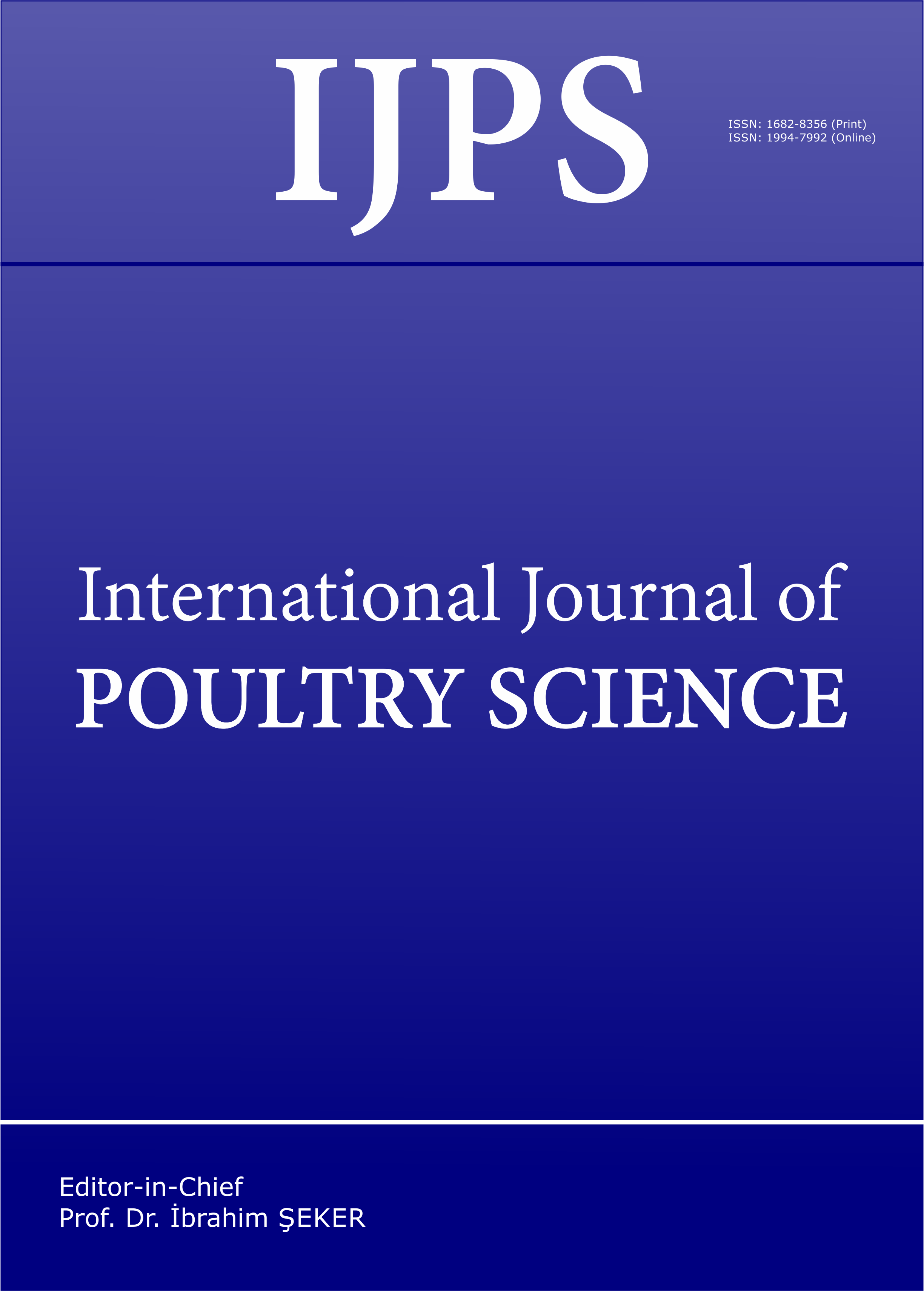A Proposed Agile Based Supply Chain Model for Poultry Based Products in India
DOI:
https://doi.org/10.3923/ijps.2015.57.62Keywords:
Agile, e-portal, poultry based products, poultry farmer and retailer support group, supply chainAbstract
The poultry industry in India represents a major success story. With rapidly changing lifestyles, affluent culture and a conscious need for general wellness, Indian consumers are now opting for a more protein-rich diet. From a plot scheme, it has made a quantum leap to become as a dynamic industry. The present decade promises to exploit value added products and the global trade avenue. This paper explores the existing supply chain model of poultry-based products in India. The study is focused on two contexts: the issues faced by poultry farmers in selling the products and retailers’ perspective on the other end. In the current Supply Chain model there is no transparency between the stakeholders which leads to high yield losses, increase in price and uncertainty in the supply and demand analysis. Poultry farmers are paid very less for their product whereas consumers pay huge amount for the same product and there is a lack of technology and financial support for the poultry producers. In our proposed model, we introduce "Agile Based Supply Chain Model for the Poultry Based Products" which will integrate and increase the transparency among the stakeholders in the supply chain and eliminate the mediators and meet out the market demand. Poultry farmers details are updated in the e-commerce platform and these details are transferred to the retailers by the agile team. Support group for poultry farmers and retailers are the two ends of Supply Chain coordinated by agile team.
References
Agarwal, A., R. Shankar and M.K. Tiwari, 2007. Modeling agility of supply chain. Ind. Market. Manage., 36: 443-457.
BPI., 2014. Entrepreneurship in agriculture and allied sectors. Business Portal of India, Government of India. http://www.archive.india.gov.in/business/agriculture/current_scenario_horticulture.php.
Cristal, M., D. Wildt and R. Prikladnicki, 2008. Usage of SCRUM practices within a global company. Proceedings of the IEEE International Conference Global Software Engineering, August 17-20, 2008, Bangalore, India, pp: 222-226.
Gebresenbet, G. and T. Bosona, 2012. Logistics and Supply Chains in Poultry and Food. In: Pathways to Supply Chain Excellence, Groznik, A. and Y. Xiong (Eds.). InTech Publisher, USA.,ISBN: 978-953-51-0367-7, pp: 125-146.
Hamed, A.M.M. and H. Abushama, 2013. Popular agile approaches in software development: Review and analysis. Proceedings of the International Conference on Computing, Electrical and Electronics Engineering, August 26-28, 2013, Khartoum, Sudan, pp: 160-166.
Hneif, M. and S.H. Ow, 2009. Review of agile methodologies in software development. Int. J. Res. Rev. Applied Sci., 1: 1-8.
Abdul Bari, M. and S. Ahamad, 2011. Managing knowledge in development of agile software. Int. J. Adv. Comput. Sci. Applic., 2: 72-76.
Singh, P.K., D.S. Chundawat and R. Kumar, 2014. Automatic response system using SMS. Int. J. Eng. Res. Gen. Sci., 2: 182-188.
SKM., 2014. Egg products export (India) limited. http://economictimes.indiatimes.com/skm-egg-products-export-india-ltd/stocks/companyid-5030.cms.
Shirur, S. and S. Torgal, 2014. Recent trends of information technology in logistics and supply chain management of indian poultry industry. Int. J. Res. Bus. Manage., 4: 95-100.
Parwez, S., 2014. Food supply chain management in Indian agriculture: Issues, opportunities and further research. Afr. J. Bus. Manage., 14: 572-581.
Vonderembse, M.A., M. Uppal, S.H. Huang and Dismukes, 2006. Designing supply chains: Towards theory development. Int. J. Prod. Econ., 100: 223-238.
Zsifkovits, H.E. and C. Engelhardt-Nowitzki, 2007. An analysis of frameworks for measuring supply chain agility. Proceedings of the IET International Conference on Agile Manufacturing, July 9-11, 2007, Durham, pp: 87-95.
Dong, Z., 2013. The technical conditions of modern logistics. Open J. Social Sci., 5: 19-22.
Downloads
Published
Issue
Section
License
Copyright (c) 2015 Asian Network for Scientific Information

This work is licensed under a Creative Commons Attribution 4.0 International License.
This is an open access article distributed under the terms of the Creative Commons Attribution License, which permits unrestricted use, distribution and reproduction in any medium, provided the original author and source are credited.

